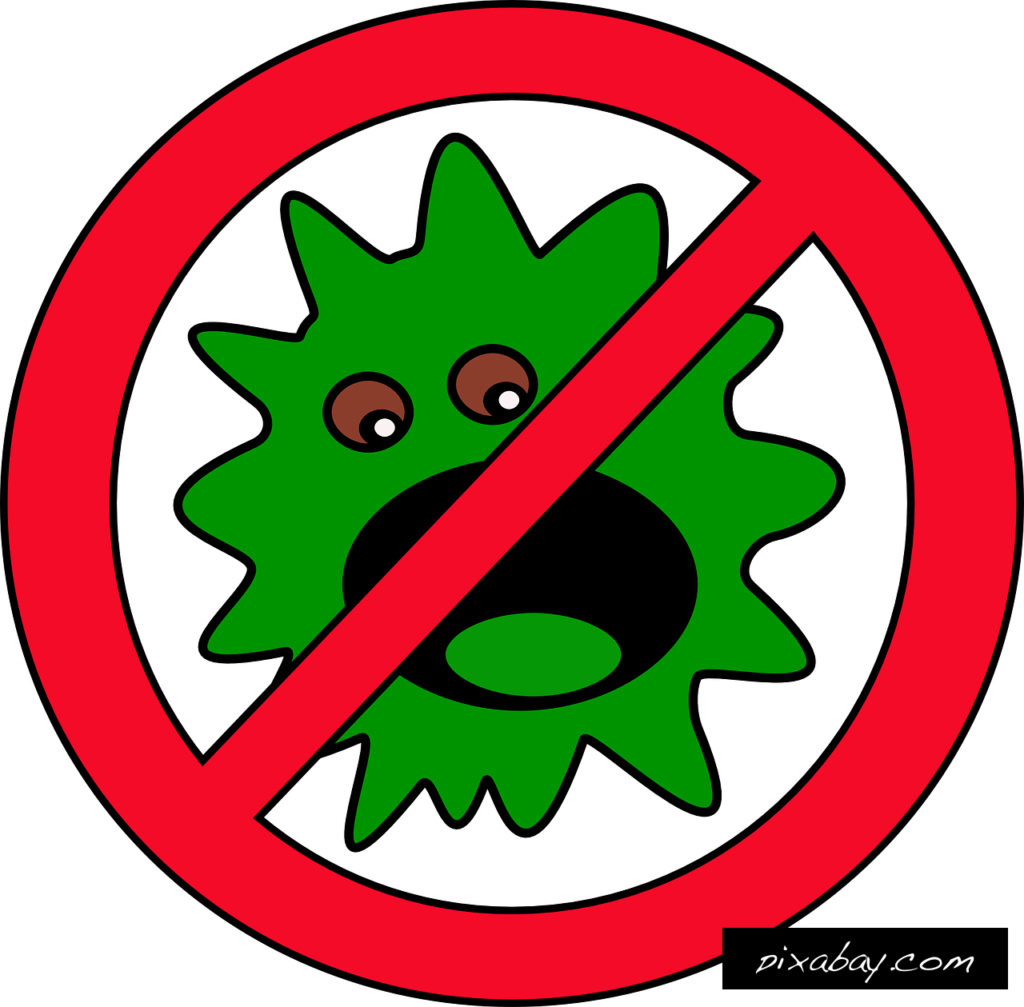What’s new with the flu vaccine 2017-2018

“What? The flu vaccine again? We JUST got it,” our kids groaned when we told them it was time to get their flu vaccines. In fact, they “just got it” a year ago, which we pointed out to them. Read on to see updates on this year’s flu vaccine and why it should be on your child’s back to school to do list.
This year’s flu vaccine is slightly different from last year’s– it’s been changed to cover a different strain of circulating H1N1 influenza. Several flu vaccines have been FDA approved for this year’s flu season and all of them will give similar protection for your child. Make sure your child receives a flu shot and NOT the FluMist/spray-in-the-nose kind of vaccine. Unfortunately for those who are needle phobic, the FluMist has not been shown to be effective and therefore, while still licensed, is NOT recommended for use this year.
The flu vaccine is recommended for all kids six months of age and older, with very few exceptions. Even pregnant moms safely can receive the flu vaccine.
Too early for flu vaccine? Nope! Older adults might lose some immunity if vaccinated “too soon” in the season, but this observation is not born out in kids. The threat of incomplete or forgotten vaccine outweighs theoretical risk of delaying flu vaccine (even for older adults), so best to get it now.
In case you forgot, the flu is a week of misery, consisting of high fevers, cough and other respiratory symptoms, body aches, and headaches. Younger kids are prone to some diarrhea or vomiting or both along with these bad cold symptoms. The flu can cause dehydration and pneumonia, and sometimes death, even in previously healthy kids. Simply limiting your child’s exposure to people showing flu symptoms is not an effective way of preventing illness because people are the most contagious right before they show any symptoms.
Booster dose As in previous years, children under nine years of age need a booster dose the first year they receive the vaccine. If your young child should have received a booster dose last year, but missed it, they will receive two doses of this year’s vaccine spaced one month apart (the primary dose plus a booster dose).
This prior post teaches you how to tell if your kid has flu vs “just” a cold. We invite you to read more about this year’s flu vaccine on the Centers for Disease Control website here.
Julie Kardos, MD and Naline Lai MD
©2017 Two Peds in a Pod®
